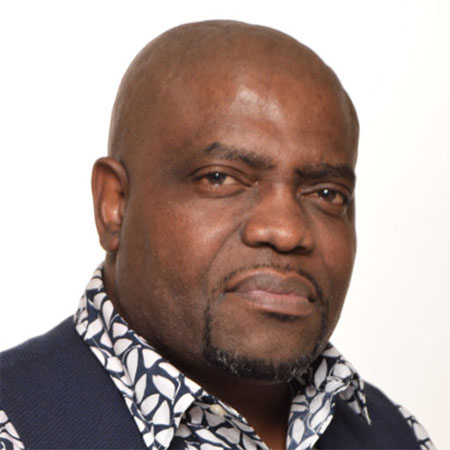On 18 February 2022 during the State of the Province address the North West Province Premier Bushy Maape announced that the five departments placed under sections 100(1)(b) and 100(1)(a) of the Constitution are stabilising.
However, North-West University (NWU) academic Prof Barry R Hanyane says little has been achieved in the province since this intervention.
“The North West province has been under administration for quite some time, and unfortunately, little success has thus far been achieved in promoting good governance and accountability.”
Prof Hanyane indicates that the South African Constitution (1996) makes provision for intervention – a s opposed to interference – in matters of the administration and management of the lower spheres of government concerning poor performance.
“More precisely, section 100(1)(a) and 100(1)(b) of the same Constitution allow structures of the national sphere of government to take over the day-to-day running of a provincial department(s) in order to achieve normalcy and continuity.”
Prof Hanyane says North West provincial departments such as the Department of Health have recovered from their wasteful and fruitless expenditure associated with the now famous scandal of the Mediosa project. (This project was about a company paid for health services that was allegedly not rendered.)
“Mismanagement of state resources in most departments such as the Premier's Office, Department of Education, and the Department of Community Safety, Transport and Management, has been the order of the day, and need to be corrected.
“However, the 2019/20 audit results in the province did highlight noticeable improvement from irregular expenditure to stable financial performance in the same financial cycle. This improvement may be attributed to criminal cases opened against the various perpetrators,” he adds.
“Thus far the involvement of the law enforcement agencies such as the Special Investigating Unit has begun to yield confidence that consequence management will and must be implemented,” adds Prof Hanyane.

Prof Barry Hanyane.
